This site uses cookies. By continuing to use our site, you consent to our use of your data. Privacy Policy
Accept
Longevity city
Lectures, seminars, healthy nutrition, workouts and nice company of like-minded people. From simple health advice to biostatistics and evidence-based medicine.
What can you learn in our city?
It is best to just get a look at previous schools' schedules, but here are some examples:
- Biology of aging: from theory to clinical practiseOf course, if these conclusions can be made today and strictly based on the results of research. We will mention it for the first time, but we will not tire of repeating in the future: all the slides in our lecture are supported by references to scientific sources.
- GeroprotectorsScience knows more than 250 substances that prolong the life of laboratory animals in experiments. Some substances, presumably, prolonged the life of people (however, so far only in observational studies). Some of these substances can be safely bought at the pharmacy. Let's understand what these substances are, why they work or can work. And, of course, lets discuss those, that don't work.
- Diseases of old ageMore precisely, age-dependent diseases: what is our highest probability of dying "naturally"? Are there common mechanisms in these diseases? Oncology, cardiovascular problems, metabolic syndrome, Alzheimer's disease...
- Basic knowledge in biologyNever hurt, so we try to include in the schedule and such lectures. Cell biology (Cytology) and, of course, the basics of genetics (and what can be understood from genetic tests).
- Optimal dietAs well as physical activity, daily routine, sleep. All these topics are very fond of giving advice, but these tips are based? We propose to consider the existing evidence base and understand what you can do with your health today.
- Genetics and epigenetics of agingWhat does modern science know about genes associated with aging and longevity? On how many life expectancy depends on heredity? Can genes be affected today? What do genetic technologies of the future look like?


What else in addition to lectures?
- Eating wiselyWe talk so much in lectures about the principles of proper nutrition that it would be strange to feed our students something wrong.
- FitnessOur team of lecturers has a professional coach. Such luck, Yes. Do not be afraid, everything will be very gentle mode — exactly in this, which is useful for regular loads.
- Practical skillsMaster classes on cooking dishes from our menu, meditation classes, work with special gadgets.
spring 2017
Longevity school in Montenegro
A short video about how it was
But that's not all
In fact, it's a school of transhumanism. Now explain.
The ideas of transhumanism teach us that man should not be limited in development, should not wait for his descendants to evolve in the distant future. We already have the tools of scientific and technological progress and engineering in our hands, and we are obliged to improve ourselves, the quality and duration of our lives. At least we have to try.
That's why at school we talk so much about the technologies of the future, about what to strive for in the fight against aging.
That's why at school we talk so much about the technologies of the future, about what to strive for in the fight against aging.
Our school has many tasks: we talk about what is happening at the forefront of science and what you can do with your health today, but also understand that the best contribution to your own longevity is a contribution to the technologies that are just to appear.
We think it is important to launch scientific projects at the school, projects to promote and Finance science, as well as what is called citizens' science — the science of citizens.
Our school is a tool of cooperation, a way to unite and contribute to the development of technology. We welcome everyone, not just scientists, because contributions can be made in many different ways.
We think it is important to launch scientific projects at the school, projects to promote and Finance science, as well as what is called citizens' science — the science of citizens.
Our school is a tool of cooperation, a way to unite and contribute to the development of technology. We welcome everyone, not just scientists, because contributions can be made in many different ways.
What else are we proud of
We were told to write how our school differs from other similar longevity schools. But how many longevity schools do you know?
- 1Source of informationThere is such a thing as a degree of evidence. Research on humans gives us more valuable information than research on animals, publication in a scientific journal is more valuable than publications in the tabloid press, and the result of a meta-analysis of many articles is orders of magnitude more conclusive than the opinion of one, even the most beautiful, specialist. We teach this in schools, we teach to check sources, not to trust the word, including us. Of course, we point out the sources of all the statements that sound in our lectures.
- 2Research within the schoolTake tests before and after school, and you will understand whether our diet and school as a whole improved objective health indicators. Take tests before and after any of your experiments: with diets, vitamins, dietary supplements and, especially, with drugs. We tell you what tests to pass, and at school explain why these indicators can be considered a diagnosis of aging. One of our main tasks is to instill a culture of scientific research in students.
- 3LecturersAppeal to the authorities-bad manners in the world of rational arguments. Therefore, the item about lecturers is only the third in our list. But we really try to select good people: young (however, not necessarily) scientists, scientific analysts, doctors. We like people who put evidence-based medicine first. We hope you will like our lecturers too.
Our lecturer
Our lecturers The composition of the lecturers of each particular school, see the schedule of classes

